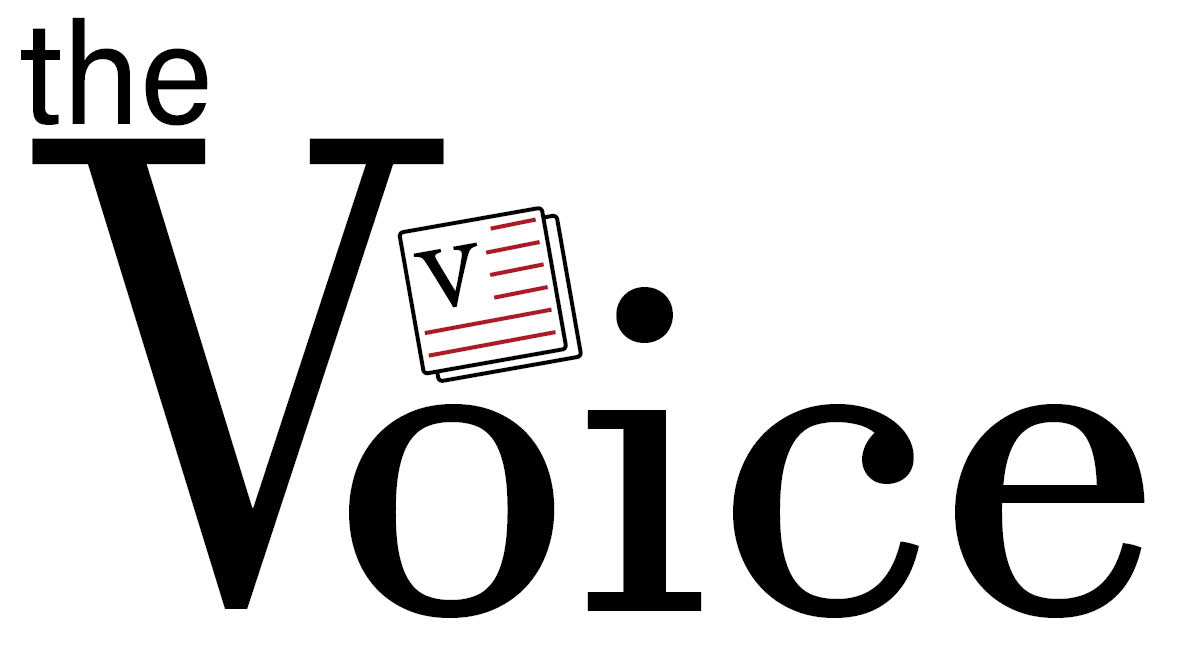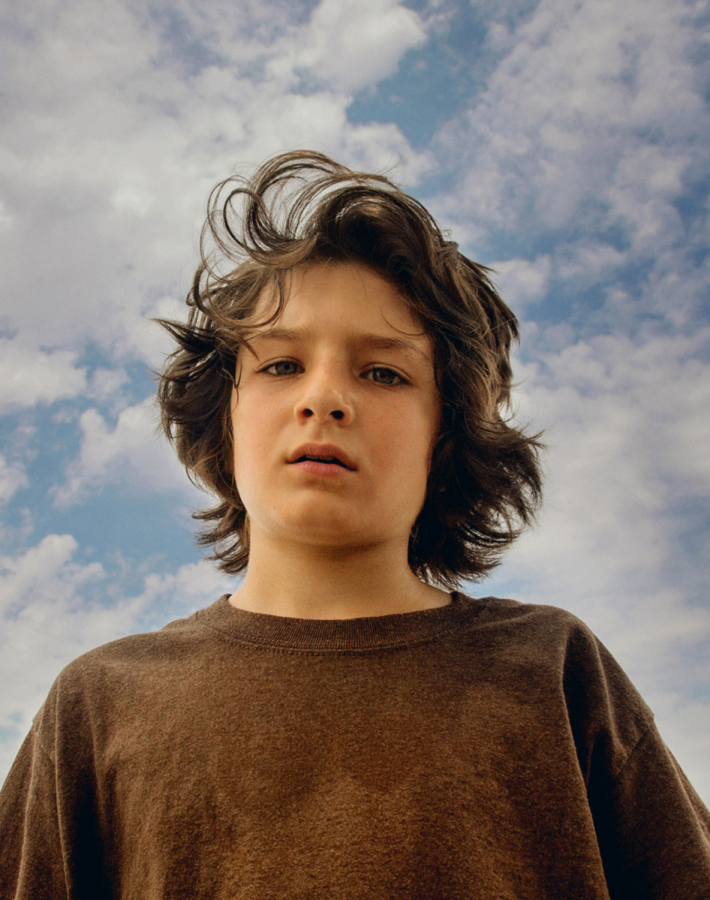“Mid90s” is a must-see
November 14, 2018
Jonah Hill’s thoughtful and nostalgic directorial debut
“IT,” “Stranger Things,” “Fuller House,” and other reboots of popular franchises. 2017 was the summer of nostalgia and there always seemed to be someone complaining about it. So it was hard not to walk into the “Mid90s” skeptical that it could only be nostalgic and eager to romanticize the past.
Fortunately, that was not the case. The originality and quality of Jonah Hill’s comedy and drama directorial debut reflects his 13 years of experience in the film industry and his skill as a detailed story teller. Hill was able to create a film that was uniquely his, both in style and structure.
Hill, for his first film, really wanted to make something that was close to his heart as his heroes have done for their first films. He had grown up in Los Angeles and loved his summers at skate shops with his friends and wanted to make the film out of love for that culture.
“When I was a kid, skateboarding gave me friends, it gave me an aesthetic, an ethic, a point of view,” Hill said. “It turned me on to punk and hip hop, and it’s guided me through my life. A big part of why I made this movie was to show my gratitude for something that gave me so much.”
The movie begins with the 13-year-old protagonist, Stevie, played by Sunny Suljic, getting beaten viciously by his adult brother Ian, played by Lucas Hedges, followed by a scene with his mother chatting to him about her relationships with men. It is instantly clear that Stevie’s domestic life is something he desperately needs to break away from to develop his individuality.
He attaches himself to a group of skaters he notices hanging out in front of a skate shop. He naively begins spending his time in the shop with no real intent other than the hope of getting swept into the group, which is exactly what ends up happening.
The group warms up to Stevie and begins to teach him to be one of them. They take him trespassing, they have him disobey police, and teach him how to act. He is very quick to learn and becomes one of them, and rejects his home life. It is a period of growth, however, he does not develop his individuality during this time.
The audience is as excited about Stevie’s inclusion in the group as Stevie is, but the terrible actions of the group begin to show through. Stevie’s behavior slowly becomes depressing towards the end of the movie; chugging 40 oz. beers, taking prescription drugs, smoking cigarettes, stumbling around a party drunk, and covered in sweat. He was still no closer to being an individual.
Group tension comes to a head when it becomes clear some people are going to move on to do bigger and better things. That realization, that they will have to move, marks the end of the movie but it also marks the beginning of Stevie’s actual development into an individual.
“Mid90s” makes it ambiguous how good or how bad finding one’s tribe can be in personal development. The act of rebellion is inherently necessary to grow, and the actions Stevie took were vital for his rebellion, despite how bad they were for him.
The style of “Mid90s” is one of the best aspects of the film. The soundtrack was an eclectic sample of the best the ’90s had to offer which had not made it into today’s pop culture. It does give the impression that the movie’s soundtrack was right off of Hill’s Spotify.
Another interesting stylistic choice Hill made was to film in a grainy image and narrow 4:3 aspect ratio. While the unique ratio sets the film apart from other Hollywood movies, Hill chose the 4:3 ratio because that ratio is synonymous with the aesthetic of skater videos. That dedication to detail lends authenticity to the movie, making the film feel like it was shot in 1995 rather than 2018. It also shows Hill’s incredible dedication and passion towards the skating culture of the ’90s.
“Mid90s” is a coming of age story told in a unique style. Hill has successfully created nostalgia to its viewers even if the viewer grew up in another time because the story transcends generations. The theme of finding one’s tribe, learning from them, and eventually needing to move on is something everybody can relate to.



